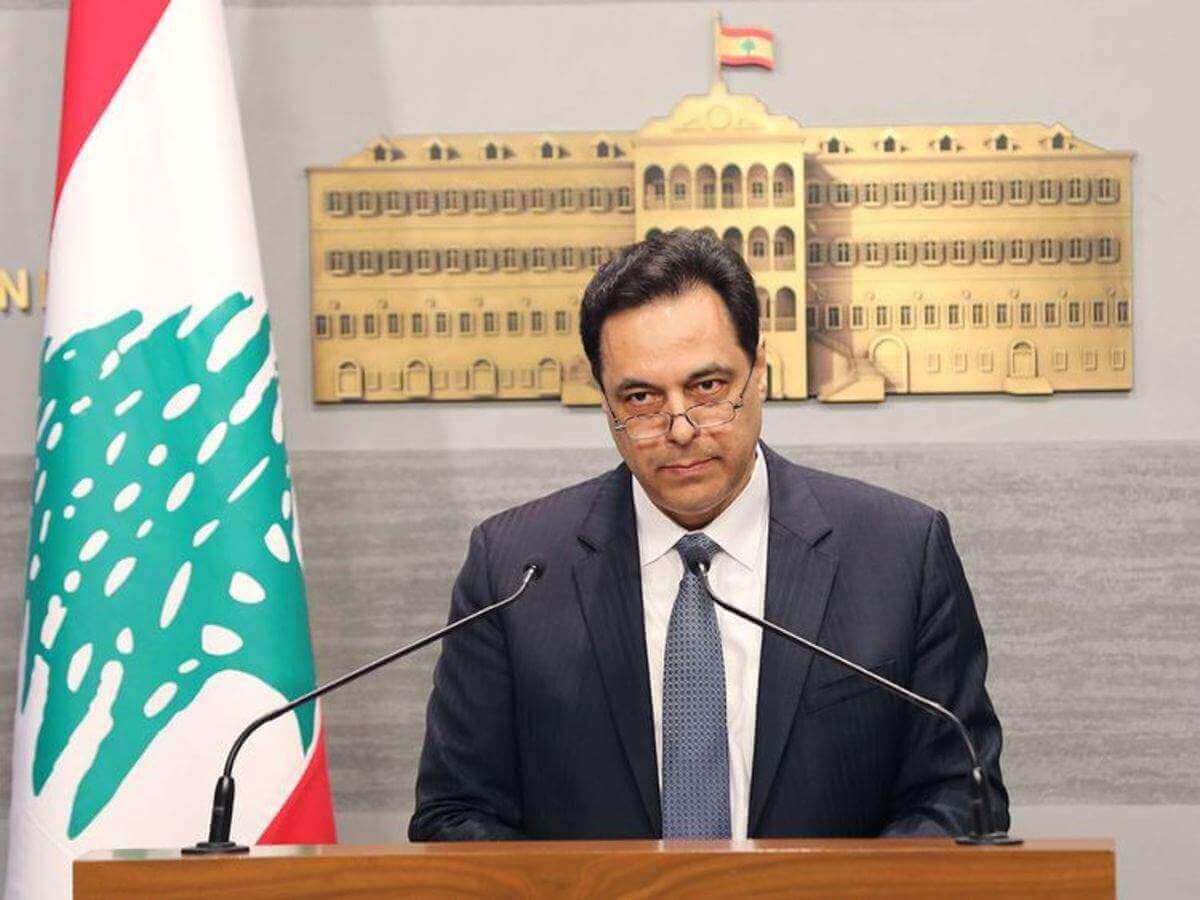On Monday night, the Lebanese government officially stepped down in the aftermath of a massive blast in Beirut that destroyed the city’s port, killed almost 200 citizens, and injured more than 6,000. The explosion, which occurred last Tuesday, has also resulted in mounting anger and violent protests by the city’s residents for the past few days.
Prime Minister Hassan Diab, who has been in office for nine months, announced his own resignation as well as that of his government, after three cabinet ministers and seven members of parliament quit their posts as well. Diab has notified President Michel Aoun of his resignation. In an emotional speech, Diab claimed that the disaster was a result of the state’s endemic corruption issue. He called out the country’s political elite for nurturing “an apparatus of corruption bigger than the state”, and while referring to his cabinet members, he said, “We have fought valiantly and with dignity... Between us and change is a big powerful barrier.”
Diab further iterated that the elite political class was “using all their dirty tricks” to halt progressive and systematic changes. He added that his move to step down is in accordance with the people’s demands for real change. “Today we will take a step back in order to stand with the people,” he said.
Leadership in Lebanon has been shaky since the explosion, with several residents taking to the streets and clashing with police in ongoing protests against leaders’ culpability, negligence, and corruption that led to the blast. Officials have linked the cause of the explosion to a warehouse that was reportedly storing 2,750 tonnes of the highly reactive chemical ammonium nitrate, which had been confiscated and was being unsafely stored in a warehouse at the port for the past six years. The chemical is an odourless substance that is often used as fertilizer.
The country was already pushing through a terrible economic crisis that was worsened by the coronavirus pandemic, with several protests being carried out over the past year against the government’s corruption and gross mismanagement of the crises. Last week’s blast was the final straw for several residents in the Lebanese capital.
Now, Aoun has requested the government to remain in power in a caretaker capacity until the formation of a new cabinet is carried out. The Parliament will also have to appoint a new Prime Minister. However, several analysts believe that these moves are highly unlikely to sweep the government of its current ministers, as their caretaker roles will ensure that they form the “backbone of a new administration”. The process of appointing a new PM also involves the same patchy process of complex sectarian politics that has been at the core of protesters’ dissent. Several protesters have blamed the country’s entrenched political system for its complicity in promoting corrupt politicians.
Rather, there is a push for MPs to quit their posts—if more than a third of sitting members resign, this would force fresh parliamentary elections that could potentially lead to the induction of new members chosen by the people.

